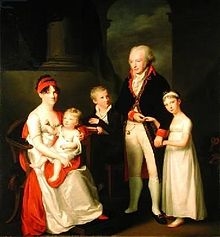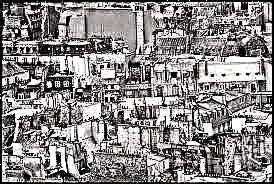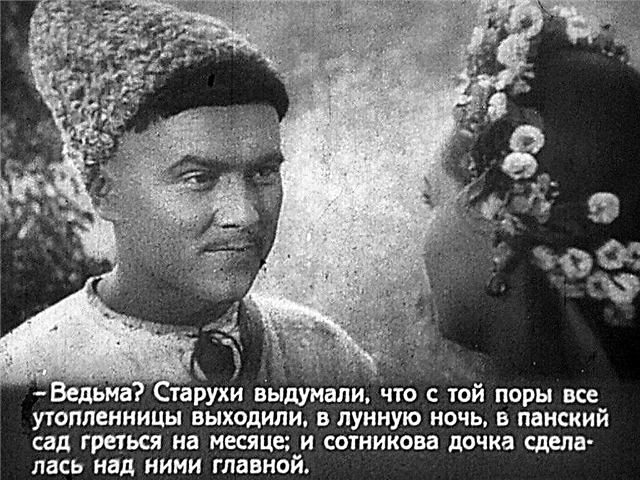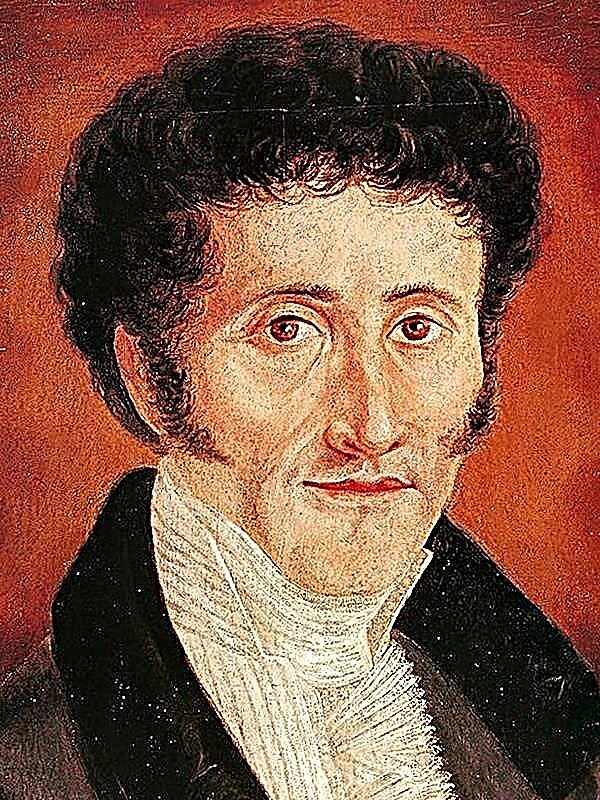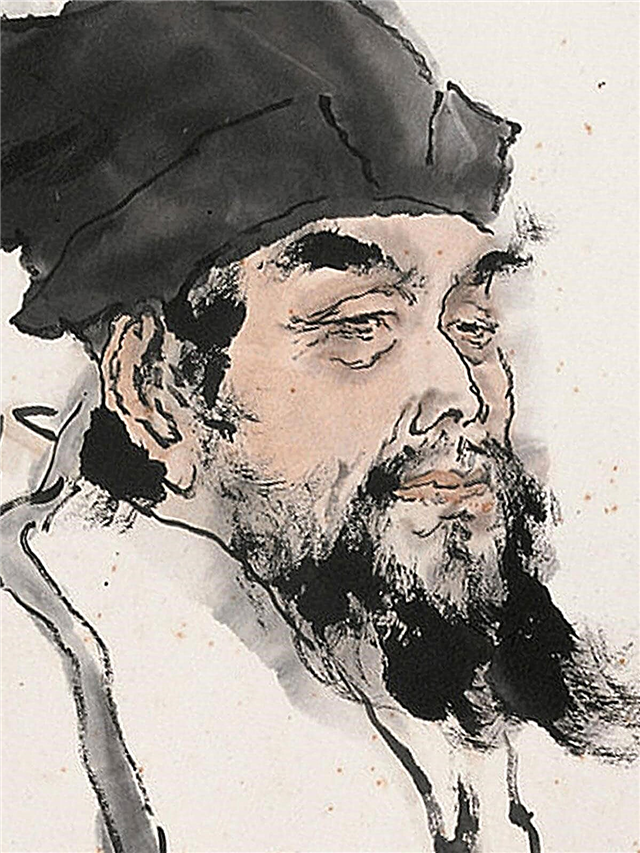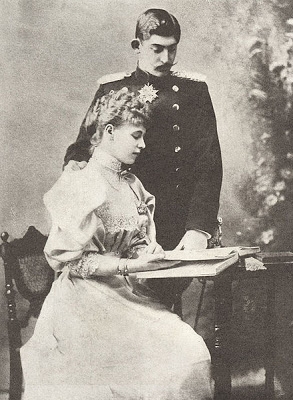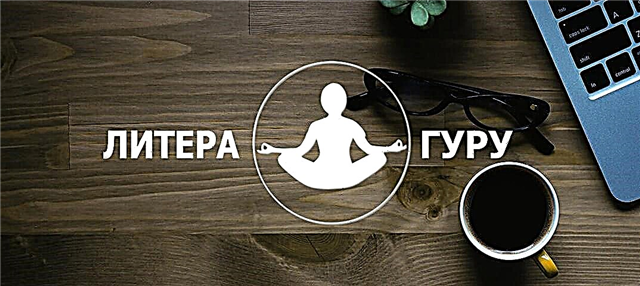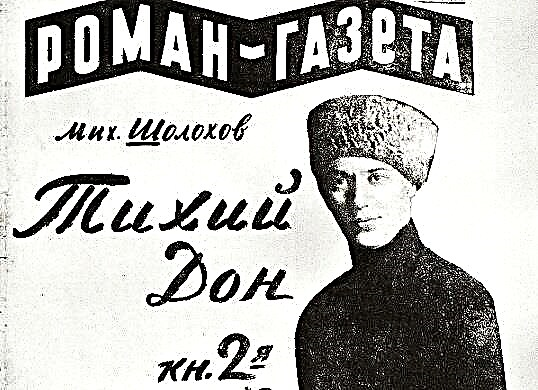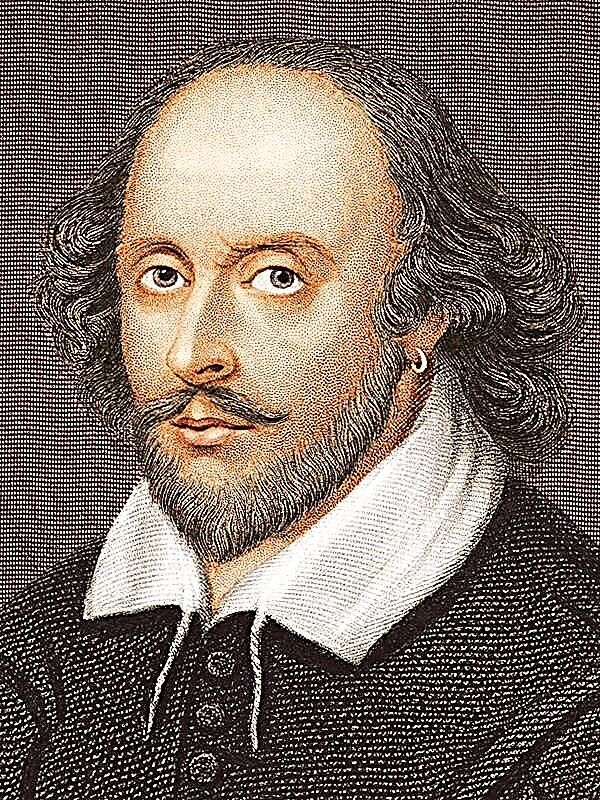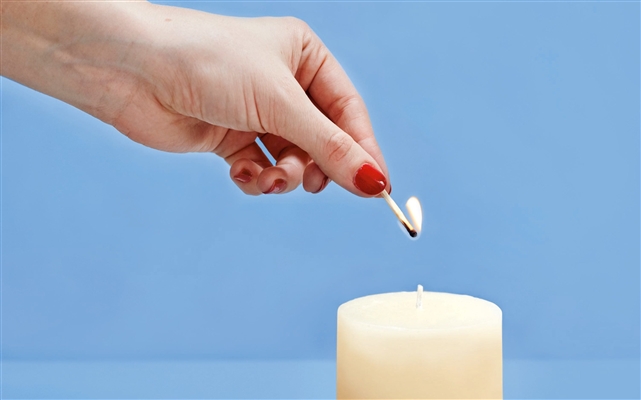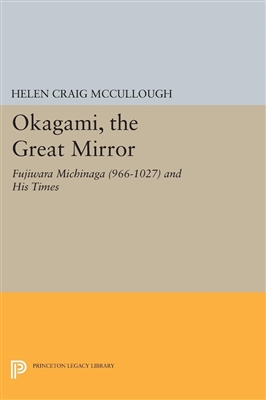The cycle “On the Kulikovo Field”, consisting of five poems connected by a common theme, is central to the cycle of poems “Homeland” (1907-1916). He was met with ambiguity by critics and contemporary Blok poets and prose writers, but everyone recognized in him an amazing reflection of reality through a connection with the historical past of Russia.
History of creation
The cycle of poems “On the Field by Kulikov” was written in 1908. The 1905 revolution was left behind, but the people did not calm down, a premonition of impending unrest is in the air. In the period from 1905 to 1917, the Block reinterprets historical events and draws analogies between them and the present. Using the image of the battle on the Kulikovo field, the poet shows the image of contemporary Russia, the unrest that he anticipates and those that have already passed. He worries about the future of the country and anticipates the second wave of revolution.
The poet was a very educated person, he knew the history of his country perfectly, therefore he often wrote poems and poems for historical reasons. His patriotism is deep and emotional, because the author loves not illusions, but what he knows well. Therefore, his works on war and revolution, on ancient peoples and their connection with descendants always evoke strong feelings.
Genre, direction and size
The genre of the cycle is lyro-epic. In the cycle there is a storyline that develops from poem to poem. Moreover, the text is an allusion to Russia at that time.
The entire cycle is written by iambic, however, five-foot, six-foot, two-foot and three-foot iambes are used, such a rhythm gives dynamics to the narrative. Stanzas consist of four lines. Both exact and inaccurate rhymes are used, male and female clauses alternate between themselves. Cross-rhyme is also present.
Images and Symbols
The entire cycle is riddled with symbols indicating the restless mood prevailing in Russia in 1908. The steppe path along which soldiers jump to the battlefield is a symbol of the metaphorical historical path along which the motherland follows. As warriors move to battle, so the country goes to a new revolution and civil war.
Image of the wife interpreted is not so simple. Already in the first part of the cycle Block instead of the classic comparison "Mother Russia", compares Russia with his wife. But this is not a wife in our everyday understanding, but a reference to the early work of the poet and to Soloviev’s ideas about sacred femininity. This is confirmed by the presence of a quote from Solovyov himself before the final part of the cycle. The image of a certain wife, who will have to mourn the lyrical hero after the battle, goes through the whole cycle. So, the final phrase of the second poem can be understood literally, that is, “remember me after, wife”, and as “remember me, Russia”. The third poem is fully devoted to the image of a beautiful woman. It can be both the Solovyov’s saint and the image of Russia.
Through the whole cycle also pass symbols of fog and mist. They indicate the unknown and anxiety that have long enveloped the homeland.
Steppe mare - This is a maelstrom of events that draws people into battle. This is an inexorable fate that rushes without dismantling the road. The element of war itself is expressed in this image.
Lyric hero - warriorwho jumps to defend their homeland from the Tatar-Mongols. Whether the hero is a reflection of the Block itself, or is it just an abstract character, necessary for conveying the main motives of the poem, is not exactly known. The poet leaves this question to the reader’s imagination.
Thus, the main characters are inextricably linked. A wife and husband are a family whose bonds are sacred and eternal. So the Russian man is forever connected with his land.
Themes and mood
The whole poem leads the reader to a sense of anxiety, to the expectation of something bad, bloody battle. Blok was disappointed in the events of 1905, he saw human cruelty and realized that such a path did not suit him. In 1908, the year the poem was written, people recognized the fact of the approaching world war and a possible new revolution. Anxiety and fear in connection with the uncertainty of the future and a premonition of an approaching disaster permeate the whole poem.
- The main theme of the work is patriotism. The hero is ready to fight for his homeland, to defend it at the cost of his own blood. He loves her as jealously and dearly as his spouse, and intends to protect her as stubbornly as a family hearth.
- The author also talks about beauty and wealth countrycomparing her to a woman of unearthly beauty. She is healthy, powerful and fertile, a strong and rebellious spirit lives in her body. Her rich nature, her priceless gifts, her captivating charms are dedicated to her husband - the protector, who answers the earth with ardent love and devotion.
- War theme also takes not the last place. The author shows a holy battle, which can only be considered defense. Enemies came to Russia, and all its people rose in a holy impulse - to free their homeland. This bloodshed is a sacrifice on the altar of love.
- In addition, the poet lifts the veil of the past, talking about historical memory. We must remember the courage and courage of our ancestors: they defended their future, which became our present.
- Another significant topic is foreboding of change. As we recall, the main version of the reason for the Battle of Kulikovo is the Russian uprising against the Mongol-Tatar yoke. The terrible massacre of that time preceded positive changes and laid the foundation for the liberation struggle of the Russian people against the invaders. This means that what the poet anticipates can bring people the long-awaited solution to urgent problems.
Idea
The bloc turns to the past, to the Battle of Kulikovo, not in order to educate people in the spirit of military patriotism, but to draw an analogy with the present. Express a premonition of big changes, show the reluctance of a new bloody battle, which may precede the changes. Such an allusion to the present has been highly appreciated by contemporaries of the Bloc.
The author, no doubt, does not want a struggle, but realizes that sometimes one cannot do without it. So it was on the Kulikovo field, the same troubled time was approaching the country at the time of the author. Sometimes war is an element that cannot be stopped by the will of individuals. It is simply inevitable, but in the heat of battle, it is necessary to protect the one who cannot stand up for itself - a beautiful, dear and beloved Russia.
Means of artistic expression
The cycle “On the Kulikovo Field” is simply replete with interesting metaphors, and all of them serve to create an atmosphere of anxiety: “our path pierced our breasts”, “sunset in blood”, “centuries of longing” and so on. Numerous avatars ("sad stacks") and epithets ("sad lazily") serve the same purpose.
An interesting comparison is also used, which stands out against the rest of the means of artistic expression and once again refers us to the image of the Solovyov lady: "The nepryadva was cleaned with fog, which is Princess Fata."

